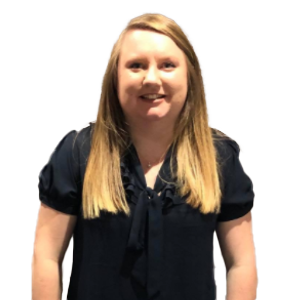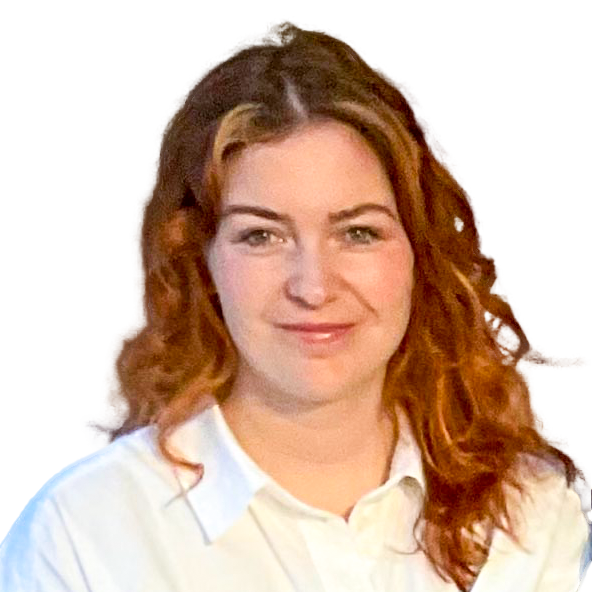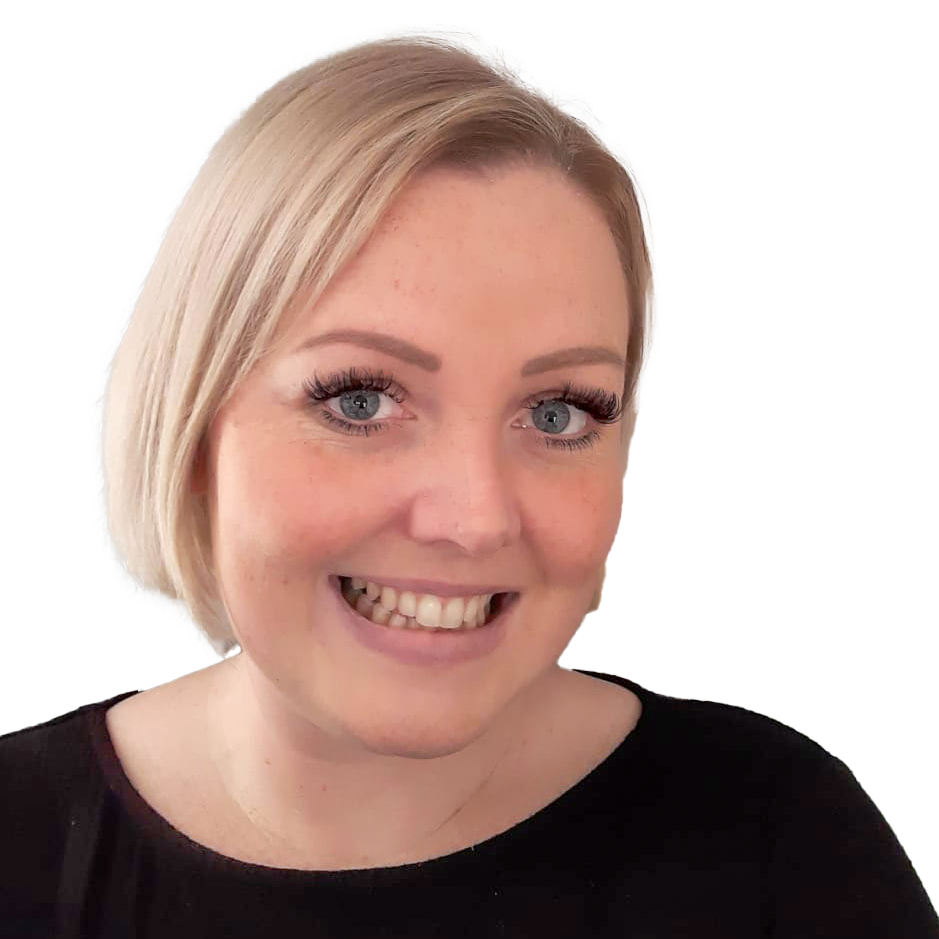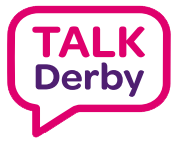Hannah Harris is a content writer for Twinkl Digest, writing for, and passionate about empowering teaching assistants in schools. Here, she writes about the current statistics, and how Elklan and our courses can help. Many thanks to Hannah for allowing us to share her blog on our website.
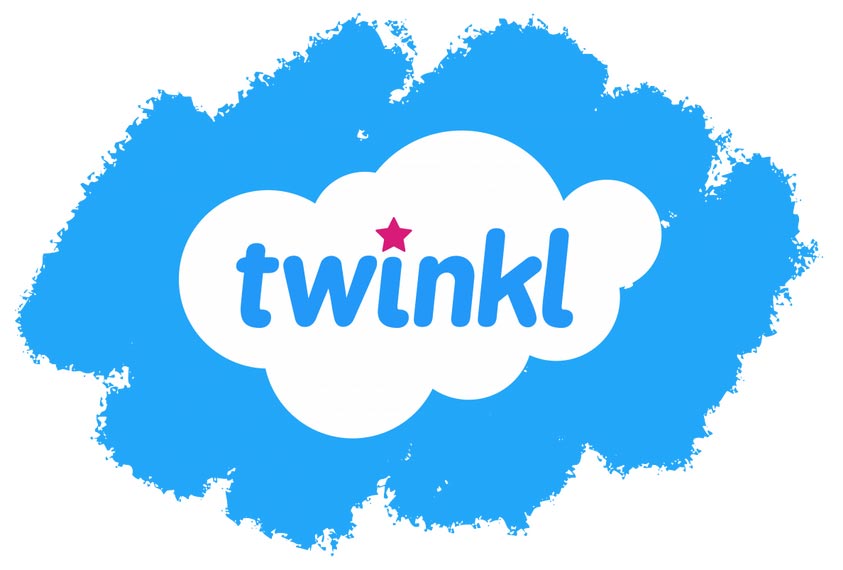
With 20% of pupils starting school with verbal communication skills significantly below age related expectations, how can Elklan training help close the gap?
Twinkl Digest recently reported on alarming statistics surrounding the levels of speech, language and communication skills pupils are entering school with at 4 years old in England. This article will explore:
- Recap: What were the current statistics?
- What is Elklan and how can it help?
Recap: What are the current statistics?
A recently published Twinkl Digest article found that:
- Around 30% of preschool (3-4 year old) children with low verbal language abilities have persistent difficulties throughout their primary school years and into secondary school.
- The current national average shows that 20% of pupils start school with verbal communication and language skills significantly below their age-related expectations.
There was also reflection on research by Save the Children, that looked at the impact of the lack of verbal communication skills possessed by pupils starting school. Of pupils who struggle with language at age 5:
- 1 in 6 (18%) did not meet age-related expectations in English (speaking, listening, reading, writing) by age 7
- 1 in 3 (36%) did not reach age-related expectations in maths by age 7
- 1 in 4 did not reach age-related expectations at the end of primary school compared with only 1 in 25 who did not reach the same expectations who had good language skills at age 5
These pupils are statistically likely to experience living in poverty and have parents who have limited education themselves.
On Tuesday (30th November 2021), Yorkshire TA Network held a training session ‘an introduction to Elklan speech and language’. According to the Elklan website, ‘speech and language therapy isn’t a magic box of tricks’.
What is Elklan?
Elklan acknowledges that many children with speech, language and communication needs will need support from adults in school. Elklan ‘are about changing the way people engage with children and young people so that they can achieve their fullest’. Elklan provides education practitioners with tips and techniques for supporting the progress of speech, language and communication in pupils.
How can Elklan help?
Speech, language and communication needs (SLCN) are the most common special educational needs (SEN) in primary schools in the UK.
Elklan in your school
Clare McKee, a representative of Elklan, explained how Elklan can help you to support the pupils in your school experiencing speech, language and communication difficulties by splitting pupils into 3 categories:
- Universal - the basic classroom level of support that most schools have the capacity to implement e.g. modelling good language skills, vocabulary interventions or phonics sound sessions.
- Targeted - the pupils in the middle of universal and specialist are the ones who will benefit most from Elklan trained adults working with them, this could be while they wait to see SALT
- Specialist - pupils are under the care of speech and language therapists (SALT) and targets are regularly set by professionals that are worked on in school, at home and potentially in the SALT clinic.
How will Elklan help you?
Elklan currently offer 16 different courses, the courses set out to provide the following information for the people who attend:
- An understanding of how communication happens and the stages of communication development
- The ability to identify pupils with SLCN
- More knowledge about processing and thinking time for pupils
- The ability to differentiate questions appropriately depending on the pupil’s level of understanding
- Strategies for supporting the development of vocabulary (oral and written)
- Developing tools for storytelling
- The ability to facilitate learning where pupils are safe to express their ideas and ask for help
- Understanding how to manage and support pupils with social communication needs more effectively
- A better understanding of the link between speech and literacy levels
- Planning classroom based activities that support development of receptive and expressive language (improves behaviour)
Is there evidence it is beneficial?
London’s School Excellence Fund sponsored research into Elklan’s Communication Friendly School programme:
- ‘Teacher knowledge increased between pre and post training from 22% to 32%
- There was significant positive impact on the quality of support for SLCN
- Elklan offers good value for money and would be recommended for schools across England.’
Evaluation of the Elklan Talking Matters Programme by the University of Sheffield found:
- ‘Elklan’s training works and it makes a statistically significant impact on pupils' receptive and expressive language skills.
- Children who received Talking Matters support made on average 7 months accelerated progress whilst pupils who did not receive the support only made 2 months progress.’
Sounds great … what next?
There are currently 3 different ways you can enroll in and take part in an Elklan course. If you are interested in taking part the best thing to do would be to speak to your senior leadership team or headteacher at school.
Online accredited course
- The course runs for 11 weeks
- Each week involves a online webinar with an Elklan tutor (typically for 1 hour one afternoon or evening a week)
- Alongside the sessions you complete a learning log (practical activities given to you from each weekly webinar to complete in class)
- Submit your learning log and gain an externally accredited qualification at either level 2 or level 3 (depending on the course you enrol into)
- £360 (plus VAT) per person (includes the course e-book)
Online unaccredited course
- Access to 10 e-learning sessions which you can complete at any time within 12 weeks of signing up
- No tutor webinars to attend or learning log to complete
- Access the e-learning sessions at any time convenient for you
- No external accreditation but there is a downloadable certificate for you at the end to show you have completed some CPD
- £250 (plus VAT) per person (includes the course e-book)
In person accredited course
- Available on a bespoke basis and dependent on local circumstances (COVID-19 cases and tutor availability)
- All of the same content as the online accredited course above but delivered by a tutor in person
- The same practical tasks to complete between sessions including the learning log
- Submit your learning log and gain an externally accredited qualification at either level 2 or level 3 (depending on the course you enrol into)
- £405 (plus VAT) per person
After completing a level 3 Elklan qualification your school can become a Communication Friendly Setting and you can share your training with the staff you work with. Alternatively (or additionally) you can become a Lets Talk Tutor and deliver accredited Elklan training to parents at your school.
What now?
If you are interested in attending an Elklan training course, speak to your headteacher or senior leadership team and sign up here!
